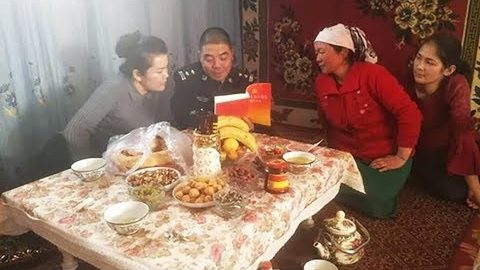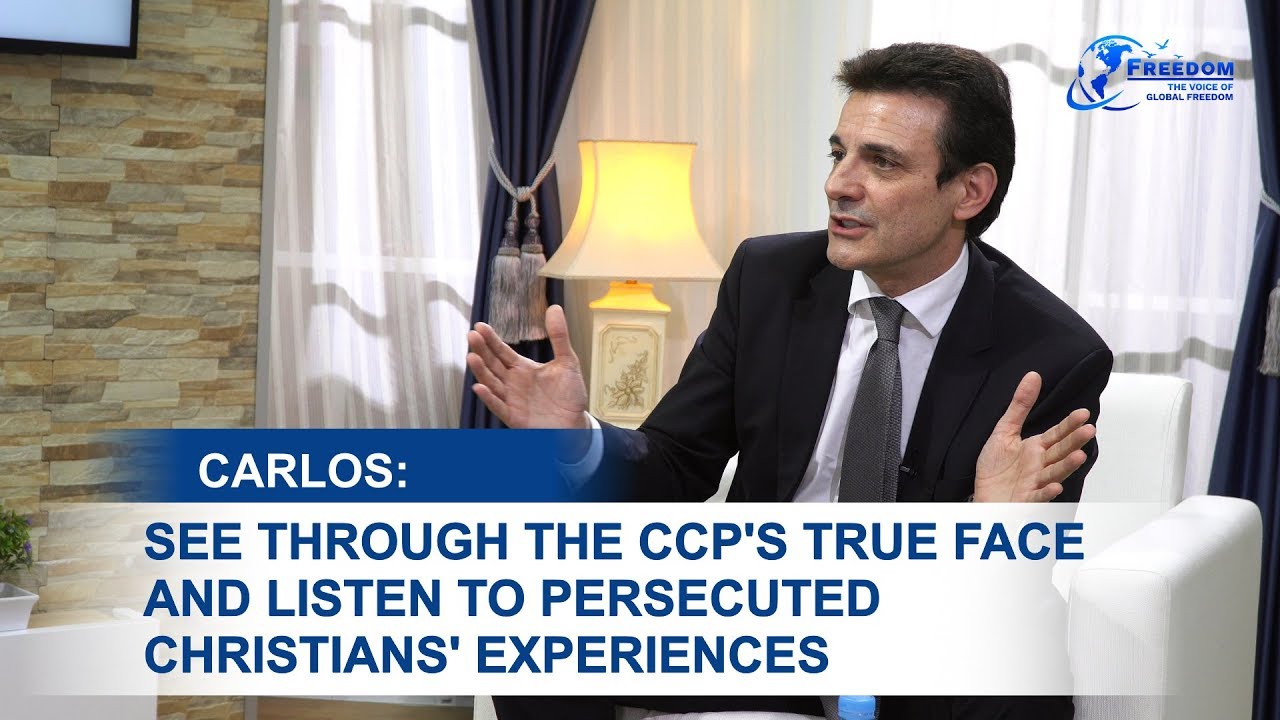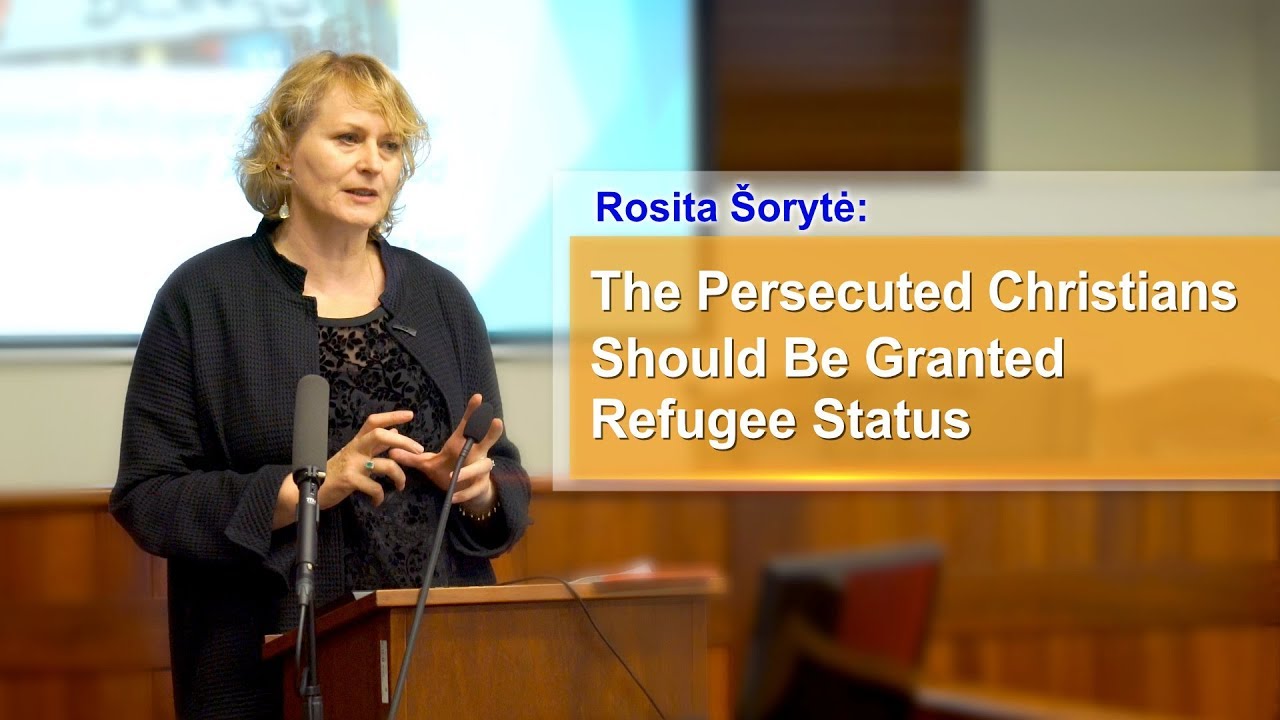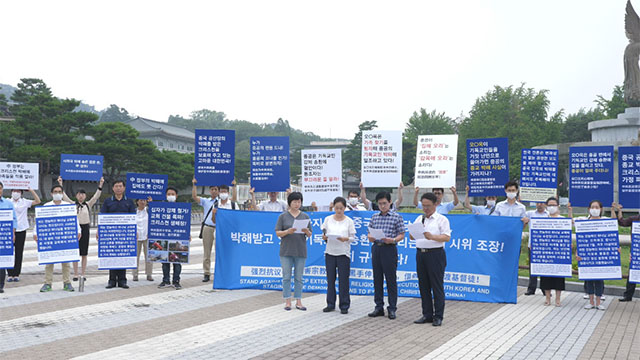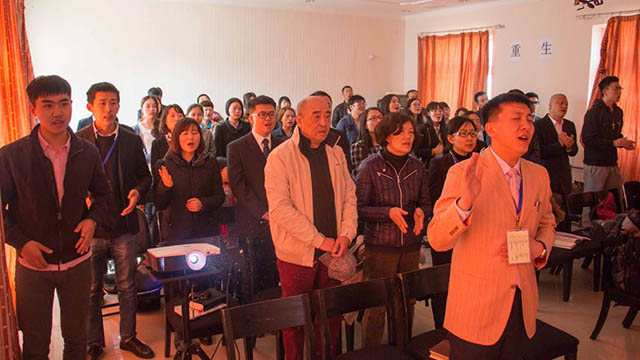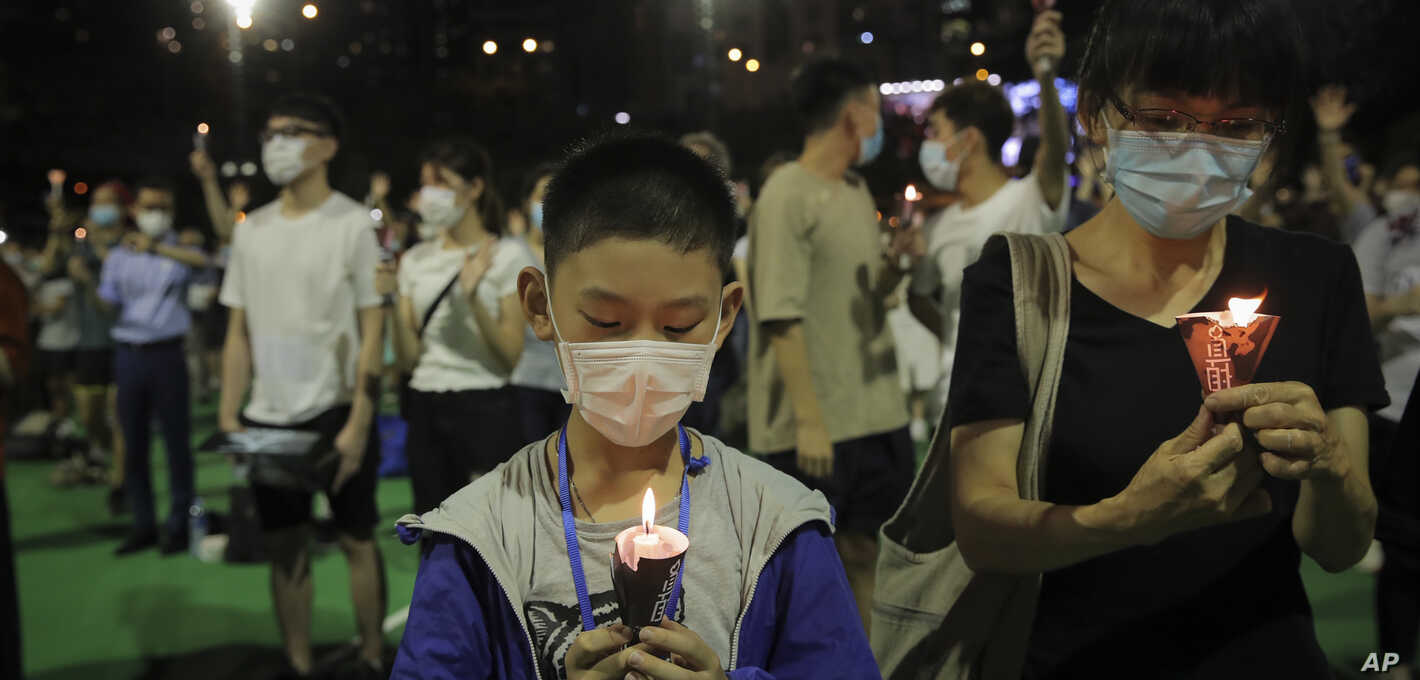
Thursday marks the 31st anniversary of the Chinese Communist leadership’s bloody crackdown on students-led protests in Beijing’s Tiananmen Square.
With the spread of COVID-19 and quarantine measures, relatives of the deceased victims have been barred from making an annual group trip this week to mourn their loved ones in one of the capital’s graveyards.
But that doesn’t stop them from pressing demands, year after year, for the truth behind the massacre in 1989, which remains China’s biggest political embarrassment and there still to this day is no clear death toll.
Open letter
In an open letter released on Monday, some 124 members of a victims group called Tiananmen Mothers reiterated their three demands — truth, compensation and accountability — from the Chinese government.
“Over the past 31 years, we have repeatedly called for a legal resolution to a political problem, through fair and equitable dialogues with the government,” read the letter, titled “Tell the Truth, Refuse to Forget, Lies Written in Ink Cannot Conceal the Facts Written in Blood.”
But “the government has remained silent on the June 4 massacre, without demonstrating the slightest trace of remorse,” it said, adding that, over the years, 60 of the group’s fellow members have passed away before justice prevails.

The group argued that the Communist government can’t skirt responsibility for the harm done to protestors during what was known as the most massive and unprecedented student movement in modern Chinese history.
“Legally, you owe the people accountability, and morally, you owe the people an apology,” their open letter added.
China has worked hard to erase the memory of the infamous crackdown by tightly censoring any mention or discussion of the incident.
Intimidation
The authorities have gone even further to keep intimidating the victim families, who bear witness to the government’s brutality, according to Zhang Xianling, one of the victim group’s founders and mother to Wang Nan — who was shot to death near Tiananmen Square at the age of 19.
“The government has been severely suppressing us. But we’re not afraid. We will stick to the end [despite that] all our communications tools are monitored,” Zhang told a pre-recorded video clip released earlier during an online commemorative event organized by Human Rights in China, a New York-based non-government organization.

Zhang accused the government of randomly opening fire at civilians including her son and denying them any medical rescue and then cruelly buried their bodies near Tiananmen Square during the crackdown.
Memorial services for victims
In spite of state restrictions, some victim families still plan to make it to Beijing to pay individual respect to their loved ones.
Citing concerns over COVID-19, Hong Kong police have banned both the annual march and candlelit vigil to mourn the victims of the event although many said they would spread out on every one of the city’s corners or go to the Victoria Park anyway Thursday night.

Many more have taken it to the Internet to commemorate the historical event on the online social wall.
Taiwan
In Taipei, where virus controls have been effective, commemorative activities including a panel discussion, a book launch, a concert and an evening gathering have been planned, according to some of the organizers.
While urging China to redress the massacre, Tseng Chien-yuan, chairman of the board of New School for Democracy in Taipei also called on the world to firm up support behind Hong Kong, where he said China’s implementation of a new national security law is reminiscent of the 1989 crackdown.
“[China] now uses the law as a tool to crack down [on the city’s dissidents], which is what we call killings without shedding blood — a worse development,” Tseng told VOA.

“The [1989] crackdown targeted only at protesting students. But today, any Hong Konger who has been critical of the Communist government’s views will be swept up and punished by the national security law,” he said, adding that China’s reign of terror in Hong Kong will be a bigger catastrophe than that of the 1989 crackdown.
Press freedom
While the world commemorates the historical event, Reporters Without Borders (RSF) called on democracies of the world to unite and defend press freedom — one of the main demands by Tiananmen protesters — against China’s decades-long repressive practices.
“If the Chinese authoritarian model is not opposed with more strength, not only will the Tiananmen protesters have died in vain, but independent journalism will gradually give way to Chinese-style propaganda and democracy will falter,” Cédric Alviani, head of RSF’s East Asia bureau, told VOA.
The press freedom watchdog names China the No. 1 enemy of press freedom, accusing it of having used the COVID-19 pandemic to tighten controls over the media and social networks by having detained six citizen journalists and nearly 900 netizens for sharing censored information about the virus.
In Hong Kong, Beijing’s clutch on media and police violence against journalists has also led to an unprecedented deterioration of the city’s press freedom, RSF said in a press statement.
Source:VOICE OF AMERICA


